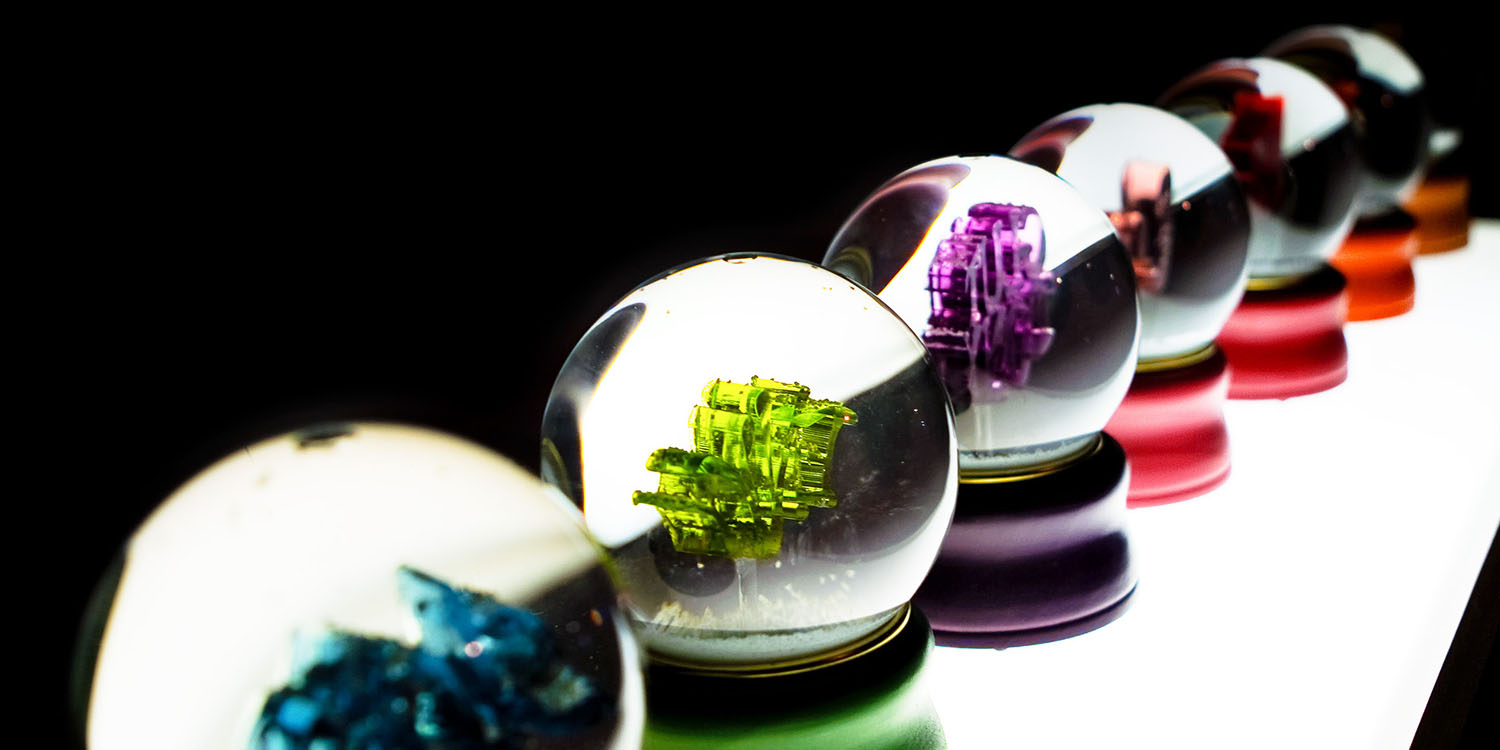
The TSMC Arizona chip plant is behind schedule, over budget, and the subject of contention in online forums – and now an analyst says that it will be little more than a useless paperweight, even when it does finally begin production.
Not only will it only make chips for older Apple devices, but it can’t even complete the process of making those without sending them back to Taiwan for final assembly …
The TSMC Arizona chip plant story so far
This whole thing was supposed to be a win-win. The US CHIPS Act successfully persuades TSMC to build a chipmaking plant in Arizona, and it makes chips for Apple devices (albeit only older ones). TSMC gets a chunk of cash to subsidize a new plant; Apple gets positive press for buying US-made chips; and jobs are created for US workers.
None of which is going well. TSMC wants bigger subsidies and fewer rules. The project is behind schedule, and over budget, with production already pushed into 2025, from 2024. There is talk of US-made chips costing more than those made in Taiwan, which would mean Apple would likely buy only a token number of them.
US job creation has been brought into question as TSMC wants to bring in around 500 Taiwanese workers to speed up construction work. American unions are naturally unhappy about this, and are petitioning for Taiwanese worker visas to be denied. Finally, the whole controversy now appears to be creating bad blood between American and Taiwanese citizens.
Final chip assembly will be done in Taiwan
A new report in The Information says while Apple chips may be made in the US, they will still need to be sent back to Taiwan before they get anywhere near an Apple device.
The Arizona factory—which has been a focal point of the Biden plan and will cost $40 billion to build—will do little to make the U.S. self-reliant in chips. That’s because many advanced chips made in Arizona for Apple or other customers such as Nvidia, AMD and Tesla will still require assembly in Taiwan in a process known as packaging, according to interviews with multiple TSMC engineers and former Apple employees.
Packaging is the name given to the process of placing the various circuit boards as close together as possible before encapsulating them into a single chip. For example, in the iPhone, the memory is placed directly on top of the processor to improve performance and reliability.
Packaging is a highly advanced process, where TSMC has a massive lead over its competitors, but the process can only be done in the sophisticated facilities which only exist in Taiwan.
That makes the plant a useless paperweight, says analyst
Top comment by KJ705
Building this type of facility is a huge expenditure of [capital], time, and effort, and it does not seem likely that TSMC will want to do this anytime soon in the desert in Arizona...
Well...the story is a little more complex; ultimately it might not matter what TSMC wants.
Every step of the chip manufacturing process relies on US IP. The Biden administration has expanded on a novel use of export controls first-deployed by the Trump administration (both targeting China).
The US has a national security imperative to produce leading-edge microchips in the US. In the big picture, this is a "costs don't matter" type of need. There's a constrained market with ongoing potential for anyone who can stay on the leading edge. And there's a capability to control the access of everyone else on the planet to that advanced tech. The US is going to expand vertically into chip fabrication.
If it can't get there with TSMC, then the US will either find a solution with an on-shore partner or undertake production itself (at massive cost, certainly). Because of the amount of equipment needed, the pressing national security need, and the limited production capacity of those tools, it's quite possible that export controls could be employed to ensure whatever government partner or service charged with that task has the option to purchase years' worth of the most advanced tools, effectively cutting everyone else out.
An analyst at one chip research firm says that basically makes the US plant a paperweight – a completely useless facility when it comes to reducing American dependence on Taiwan.
“The TSMC Arizona fab is effectively a paperweight in any geopolitical tension or war [with China over Taiwan] due to the fact that it still requires sending the chips back to Taiwan for packaging,” said Dylan Patel, chief analyst at SemiAnalysis, a semiconductor research firm.
Given that TSMC has been struggling even to build a chip fab for older tech, there seems no prospect that it would ever attempt to set up chip packaging facilities in the US.
“Building this type of facility is a huge expenditure of [capital], time, and effort, and it does not seem likely that TSMC will want to do this anytime soon in the desert in Arizona, particularly given all the problems the firm has encountered with construction, costs and personnel so far,” said Paul Triolo, senior vice president for China at consultancy DGA-Albright Stonebridge Group.
Both Apple and TSMC declined to comment on the report.
Photo: See-ming Lee/CC2.0
FTC: We use income earning auto affiliate links. More.






Comments